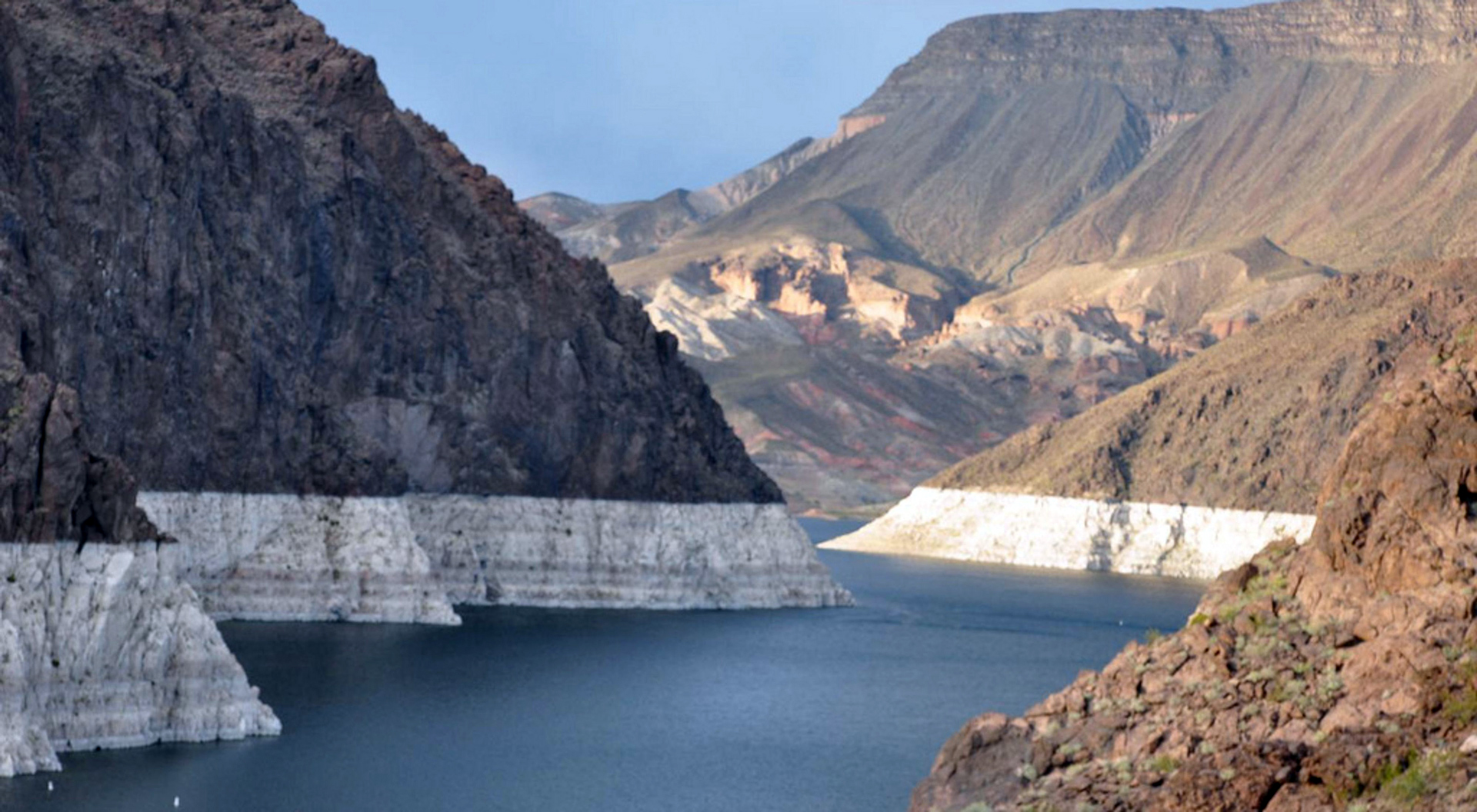Water is a resource we often take for granted. Yet, as we enter an era of unprecedented environmental challenges, the realities of drought and water scarcity are becoming impossible to ignore. Across North America, communities are grappling with the fallout from dwindling water supplies and strained infrastructure. From the parched landscapes of the U.S. Southwest to the challenges faced by Mexico City, the crisis underscores an urgent need for innovative, sustainable solutions.

Mexico City: A Metropolis on the Brink
Mexico City, one of the world’s most populous urban centers, exemplifies the delicate balance required to sustain a growing population amid diminishing resources. The city’s water crisis stems from over-extraction of groundwater, outdated infrastructure, and the impacts of climate change. Groundwater depletion has led to widespread land subsidence, which in turn damages the very pipelines meant to deliver water to residents.
For millions of people, daily life involves navigating a patchwork of water delivery systems, with many relying on water trucks to fill storage tanks. The inequity of access to clean water exacerbates socio-economic divides, leaving vulnerable populations at even greater risk. Mexico City’s plight is a cautionary tale—a stark reminder of what can happen when water management systems fail to evolve alongside growing demands.

The U.S. Southwest: A Desert Under Siege
The U.S. Southwest has long been a region of arid beauty, but today, its defining landscapes are marked by alarmingly low reservoirs and rivers. The Colorado River, a lifeline for seven U.S. states and parts of Mexico, is running dry under the weight of overuse and prolonged drought conditions. Agricultural needs, urban expansion, and climate-induced variability have created a perfect storm of challenges.
Lake Mead and Lake Powell, two of the largest reservoirs in the country, have reached historically low levels, jeopardizing water supplies for millions. States reliant on the Colorado River are now facing difficult negotiations and compromises to ensure equitable water distribution. The ripple effects of this crisis are felt far beyond individual households, impacting agriculture, industry, and ecosystems that depend on consistent water flow.
Other Problem Areas: A Shared Responsibility
Beyond Mexico City and the U.S. Southwest, water scarcity is becoming a global concern with distinctly local consequences. In Canada, while water resources are more abundant, regions like the Prairies have experienced droughts that disrupt agriculture and local economies. Across North America, aging infrastructure exacerbates water loss, with leaky pipes wasting billions of gallons annually – a loss we can scarcely afford.

A Path Forward: Solutions Rooted in Collaboration
Addressing the water crisis demands a collective effort that spans governments, industries, and communities. Conservation must become a cornerstone of our daily lives, supported by policies that incentivize sustainable practices. Innovative technologies can play a role in monitoring water usage, reducing waste, and ensuring equitable distribution. Education is equally vital, empowering individuals to understand their water footprint and make informed choices is a crucial step toward lasting change.
Leading with Compassion and Innovation
As we face these challenges, we must also recognize the opportunity to come together and build a more sustainable future. Sensor Industries is committed to being part of this journey, working with partners and communities to drive meaningful change. By fostering a culture of conservation and embracing innovation, we can mitigate the impacts of water scarcity and create a resilient foundation for generations to come.
The water crisis may be one of the defining challenges of our time, but it is not insurmountable. With compassion, collaboration, and a shared commitment to sustainability, North America can lead the way in confronting this critical issue and ensuring a future where access to clean water is a universal right, not a privilege.

